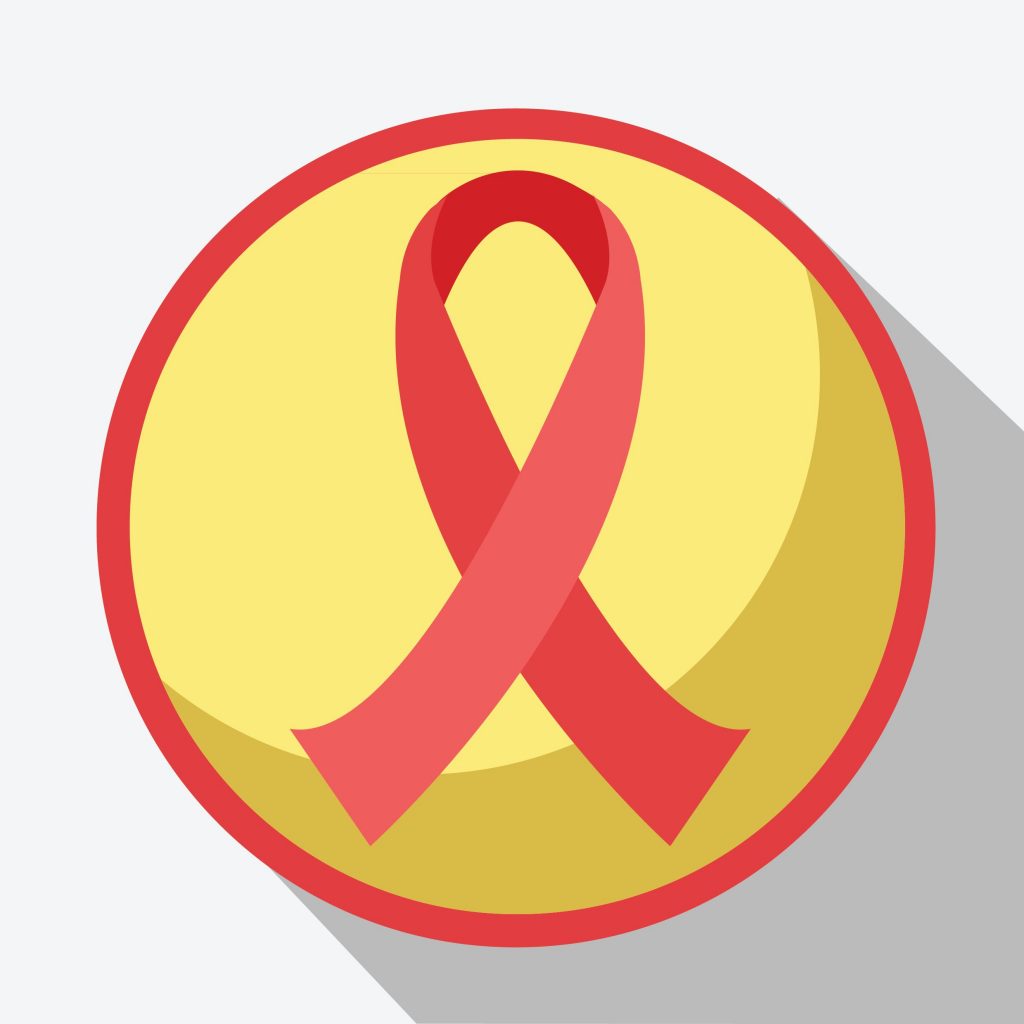The Consequences of HIV Being Stigmatized
Prevention starts with making HIV less stigmatized. Since its initial outbreak in the 1980s, this has been a major issue. While there is a complexity to this, it’s necessary to address. Getting rid of the lingering stigma will prove to benefit those living with HIV. Over the years, many studies have shown this. Two sectors where a change in procedure would benefit HIV patients most is among health care and law enforcement officials.
HIV Patients Stigmatized by Health Care Providers
Whether it’s intentional or not, HIV inhibits far too many people from accessing HIV prevention, testing, and care, even today. According to the World Health Organization, health workers in several countries have committed breaches of confidentiality.
Honesty is important in these situations. Lack of discretion limits how honest patients are. Fear is another consequence. Less testing is a result of fear. The possibility of that information being made known against their will is a big problem.
HIV Patients Stigmatized by Laws
Criminalizing HIV is another way in which the disease remains stigmatized. They have little basis. There’s very little evidence that they’ve effectively reduced HIV. Up to a quarter of these cases involve either a low or no-risk activity.
Many believe that these laws can undermine prevention efforts. If afraid, testing for HIV among people at risk will be less common. Also, laws of this nature create widespread confusion about which activities are considered high risk. People must be properly educated on HIV in order to prevent it.
Taking preventative measures in making HIV less stigmatized leads to better HIV prevention in general. Better laws could lead to better education. And training health care providers to be better equipped at handling such a sensitive situation would do wonders. Do not underestimate these factors. They can make a difference.

